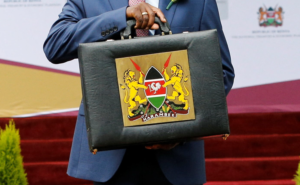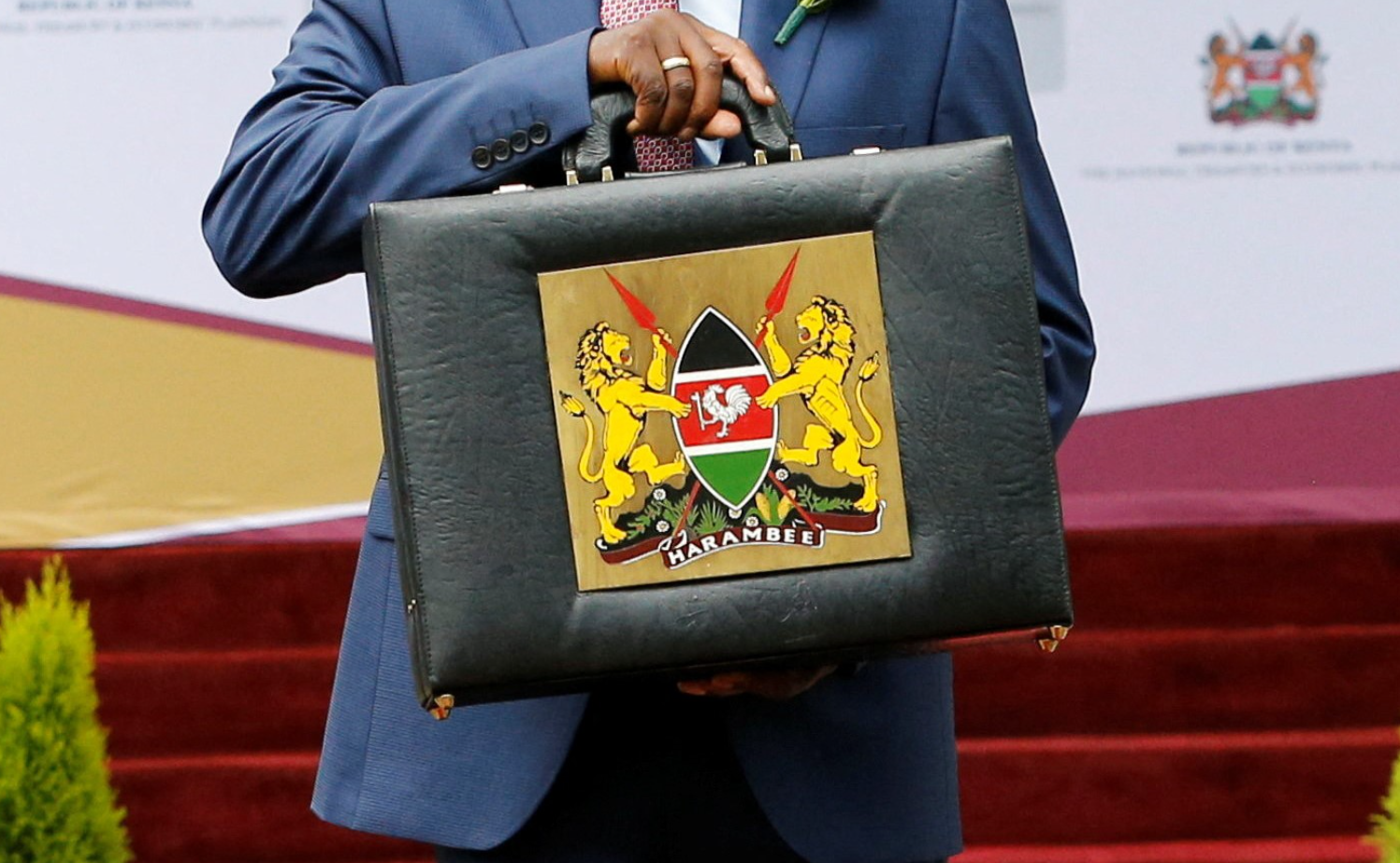Kenya is regarded as the economic powerhouse of the East African Community (EAC). However, the country has been grappling with numerous challenges that have led to serious stagnation and, in some cases, a decline in its economic growth.
Despite its abundant natural resources and a growing active population, several factors have contributed to the ailing state of the Kenyan economy. Here are five main reasons why the Kenyan economy is facing significant economic challenges.
Unemployment and Underemployment
Kenya’s growing population, particularly its youth demographic, presents both opportunities and challenges for the economy. Despite efforts to promote job creation and skills development, unemployment and underemployment have remained a sore throat to the country’s economy.
Today, there are very limited job opportunities in the formal sector, which has forced many Kenyans into precarious informal employment, characterized by low wages and limited social protections. The lack of meaningful job opportunities undermines economic productivity and contributes to social unrest; this undermines the country’s long-term development prospects.
High Levels of Public Debt
One of the primary concerns plaguing the Kenyan economy is its escalating public debt. Over the past decade, the Kenyan government has heavily relied on borrowing to cover budget deficits and to finance ambitious infrastructure projects.
While these investments were intended to spur economic growth, the quick accumulation of debt has become untenable.
Servicing the current debt itself has consumed a significant portion of the government’s revenue, leaving less room for crucial public expenditure in areas such as healthcare, education, and social welfare.
The burden of debt repayment constrains fiscal flexibility and undermines investor confidence, which in turn hampers long-term economic stability.

Coins landing on a table
Corruption and Mismanagement
Corruption in this country has remained a pervasive issue and has had a detrimental impact on its economy. Despite efforts to curb corruption, it continues to flourish at various levels of society and government.
The misappropriation of public funds, bribery, and nepotism undermine the efficient allocation of resources and deter both domestic and foreign investment.
Furthermore, the high levels of corruption have eroded trust in various institutions, stifling innovation and entrepreneurship. This has contributed to inequality leading to diversion of resources away from essential public services and infrastructure projects.
Poor Governance and Institutional Framework
Poor governance structures and ineffective institutions worsen the challenges facing the Kenyan economy. Inadequate regulatory frameworks, bureaucratic red tape, and inconsistent enforcement of laws create barriers to business growth and hinder private sector development.
In addition, the current political instability and frequent changes in government leadership has also contributed to policy uncertainty, which has deterred investors and hindered long-term planning and investment.
Unpredictable Agricultural Sector
Agriculture is a crucial sector of the Kenyan economy as it employs a significant portion of the population and contributes to its GDP growth.
However, the sector is highly vulnerable to various risks, including climate change, pest infestations, and market instability.
Inadequate access to credit, outdated farming techniques, and inadequate infrastructure further hinders the sector’s potential for growth and productivity.
The susceptibility of the agricultural sector affects the livelihoods of millions of Kenyans and poses significant challenges to food security and the country’s overall economic stability.
Final Thoughts
The Kenyan economy faces a number of challenges that require urgent attention and rigorous efforts to address.
If the government manages to tackle issues such as high levels of public debt, corruption, weak governance, unemployment, and volatility in the agricultural sector, it can successfully unlock the country’s full economic potential.
The current government should focus on implementing comprehensive reforms, encouraging transparency and accountability, investing in human capital and infrastructure, and promoting comprehensive growth in order to build a more robust and prosperous economy for all Kenyans.













